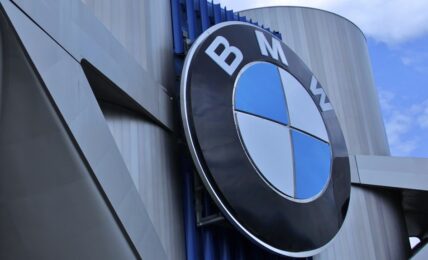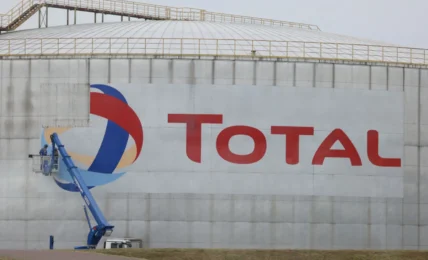A Dutch appeals court issued a ruling in Shell’s favor, reversing a landmark 2021 ruling holding the company responsible for greenhouse gas (GHG) emissions resulting from its customers’ use of its products, and ordering the company to dramatically reduce emissions by the end of the decade.
In a statement following the ruling, Friends of the Earth Netherlands (Milieudefensie), who launched the case against Shell in 2019, said that it was “shocked by today’s judgment,” adding:
“It is a setback for us, for the climate movement and for millions of people around the world who worry about their future.”
The initial case by Friends of the Earth Netherlands argued that Shell was in breach of its legal duty of care due to its impact on climate change, and that the company was undermining the ambitions of the Paris Agreement to limit average temperature rise to well below 2˚C, and to pursue efforts to limit to 1.5˚C.
In its 2021 ruling, the court ordered Shell to slash emissions by 45% by 2030, on a 2019 basis, encompassing its Scope 1, 2 and 3 emissions, which would include those resulting from the use of its products by customers. Scope 3 emissions represent more than 95% of the company’s carbon footprint, with “use of sold products” accounting for approximately 74%.
Appeal proceedings began earlier this year, with Shell arguing that Dutch law does not include an obligation for companies to reduce emissions by 45% by 2030, and that the target, in exceeding the most ambitious sector-specific policy paths would require emissions reductions from companies “further and faster than even the most ambitious pathways set out by policymakers, such as EU Fit for 55.” The company also argued that it should not be held responsible for its customers’ emissions, and also warned that the case could ultimately harm the Dutch economy by encouraging similar actions against other companies, forcing them to sell or reduce operations.
In its ruling the court acknowledged that “fossil fuel consumption is largely responsible for creating the climate problem and that addressing climate change is something that cannot wait,” adding that “companies like Shell, which contribute significantly to the climate problem and have it within their power to contribute to combating it, have an obligation to limit CO2 emissions in order to counter dangerous climate change.”
Despite noting Shell’s obligation to cut emissions, however, the court found that sufficient scientific evidence does not currently exist to support a specific emissions reduction requirement such as the 45% ruling.
The court also agreed with Shell that mandating a requirement from the company to reduce emissions caused by the use of its products by customers would not be effective in cutting emissions, as it would require Shell to stop selling fuels, while customers would continue to purchase those fuels from other suppliers.
In a statement issued following the announcement, Shel welcomed the ruling, with CEO Wael Sawan stating that the court’s decision “is the right one for the global energy transition, the Netherlands and our company.”
The ruling follows a series of changes announced by Shell earlier this year to its energy transition strategy under its new CEO. While the new strategy included the company’s first interim target to reduce emissions from the use of its oil products and maintained Shell’s 2050 net zero goal and its interim 2030 target to cut Scope 1 and 2 emissions in half, it also eliminated a 2035 emissions intensity goal, and revised down its interim 2030 intensity reduction goal to 15% – 20%, from its prior 20% target.
Sawan added:
“Our target to become a net-zero emissions energy business by 2050 remains at the heart of Shell’s strategy and is transforming our business. This includes continuing our work to halve emissions from our operations by 2030. We are making good progress in our strategy to deliver more value with less emissions.”
Click here to access the ruling.



